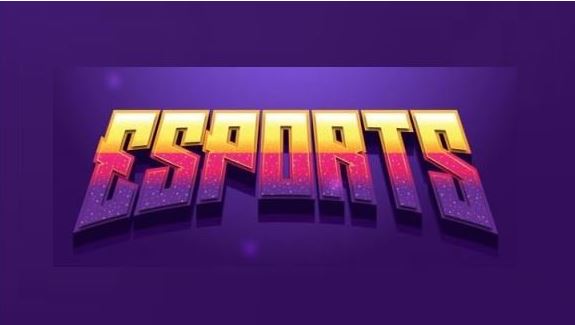
In recent years, the world of esports has transformed from a hobby into a global phenomenon. This growth has led to the emergence of specialized esports academies dedicated to training champions. These institutions offer aspiring gamers a unique combination of professional training, state-of-the-art facilities, and comprehensive support systems to help them reach the pinnacle of esports. This training not only prepares them for tournaments, but also for careers in the fast-growing eSports industry. Here you can read about how future champions are trained in various esports disciplines.
The Evolution of Esports Training
Esports academies are a relatively new phenomenon but are quickly gaining popularity. Traditionally, professional gamers honed their skills through self-training and playing in amateur or professional teams. However, as esports continues to grow, there is an increasing demand for structured training programs. Modern esports academies create an environment where young talents can develop their skills under the guidance of experienced coaches who watch for gaming news to stay informed about the latest trends and developments in the industry.
These academies include physical training, mental health support and strategic education in their programs. This approach ensures that players are not only technically sound, but also mentally stable and resilient to stress.
Training Programs
One of the key features of esports academies is their specialized training programs. These programs cover various aspects of the game, from individual skill development to team dynamics and strategy formulation. Students can practice independently to refine their gaming techniques, improve their reflexes, and enhance their decision-making abilities.
Athletes in esports academies undergo various types of training aimed at improving their gaming skills and overall productivity. These training programs include:
- Development of Individual Skills
- Team Dynamics
- Strategic Analysis
- Physical Fitness
- Mental Resilience
- Tournament Preparation
Facilities and Resources
Esports academies are equipped with state-of-the-art technology to provide the best learning environment for their students. High-performance gaming computers, advanced peripherals, and high-speed internet connectivity are standard in these institutions. Additionally, academies often feature gyms, relaxation areas, and lecture halls for theoretical lessons.
The infrastructure of these academies mirrors that of traditional sports training centers, emphasizing a professional approach to esports education. By offering such resources, academies ensure that players have everything they need to fully concentrate on their development and productivity. This comprehensive support structure enables students to optimize their training regimen and achieve their competitive gaming goals effectively. This comprehensive setup ensures that students have access to all the resources they need to excel both in and out of the game.
Building a Professional Career
Enrolling in an esports academy often marks the first step towards a professional gaming career. These academies maintain close ties with professional teams, tournament organizers, and industry sponsors. This network provides students with ample opportunities to showcase their skills and secure contracts with top-tier teams.
Furthermore, academies frequently organize internal tournaments, allowing students to experience competitive gaming firsthand and preparing them for the pressures of major esports events. The knowledge and experience gained in these environments are invaluable for newcomers to the field. As a result, graduates are well-prepared to navigate the competitive landscape of professional esports and contribute effectively to their teams’ success. Thus, esports academies help students become professional players and future champions.
Life Skills and Education
While esports academies focus on gaming, they also prioritize the development of life skills and education. Many academies offer courses in communication, teamwork, and leadership, essential for success both on and off the gaming arena. Additionally, some educational institutions provide academic support to ensure that students can balance their education with their gaming aspirations.
This balanced approach ensures that students are well-rounded individuals prepared for various career paths, within the esports industry and beyond. The skills acquired in these academies are applicable across multiple fields, making graduates versatile and adaptable. Moreover, the emphasis on personal development and education equips them with the tools necessary to succeed in any professional environment they choose to enter. By fostering both gaming and life skills, these academies create graduates who are not only exceptional players but also capable leaders and innovators.
Conclusion
Esports academies play a crucial role in shaping the future of competitive gaming. By offering structured educational programs, state-of-the-art equipment, and comprehensive support systems, these institutions pave the way for the next generation of esports champions. As the industry continues to evolve, the importance of professional training and development cannot be overstated. Beginner gamers who enroll in esports academies not only invest in their gaming careers but also acquire valuable life skills that will benefit them in any endeavor. This dual focus on gaming excellence and personal growth ensures that graduates are well-prepared for success both inside and outside the esports arena. All this ensures the development of not only the students of the academies, but also helps the development of e-sports.
